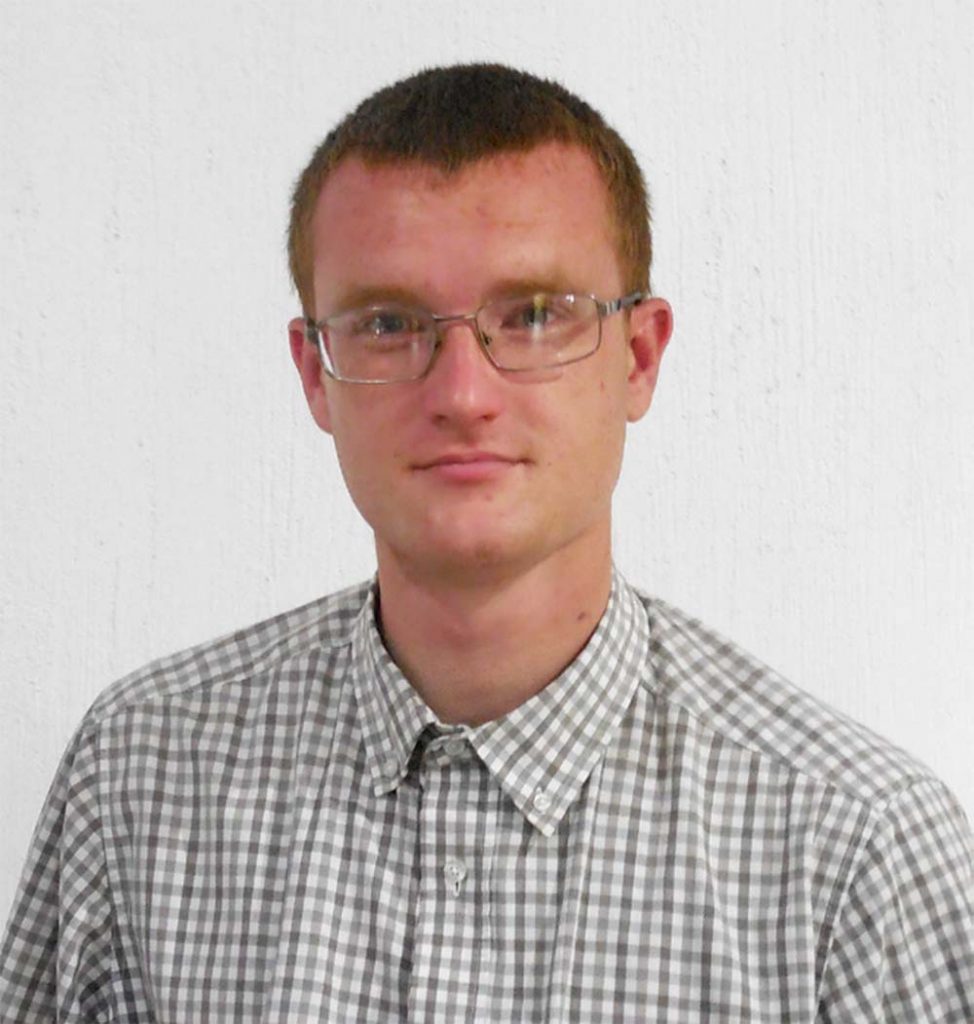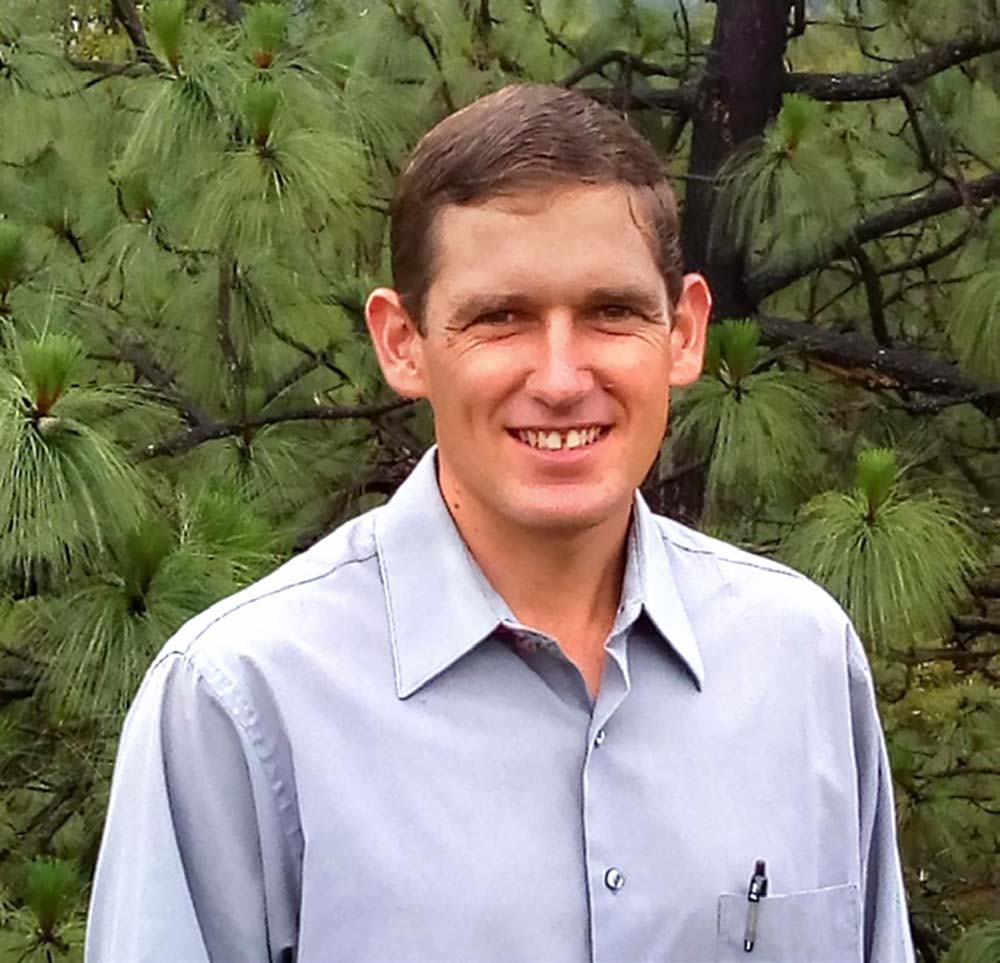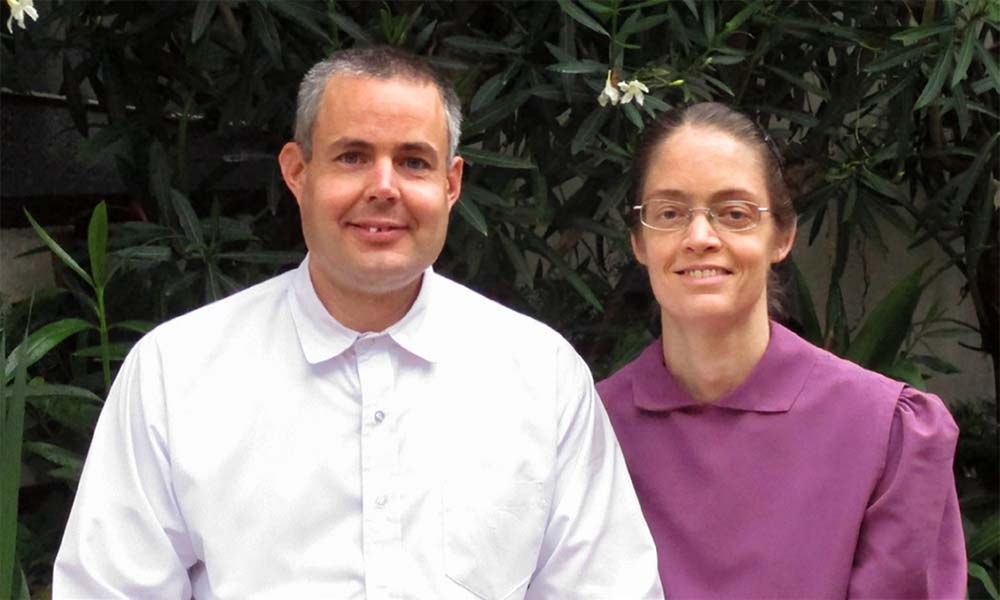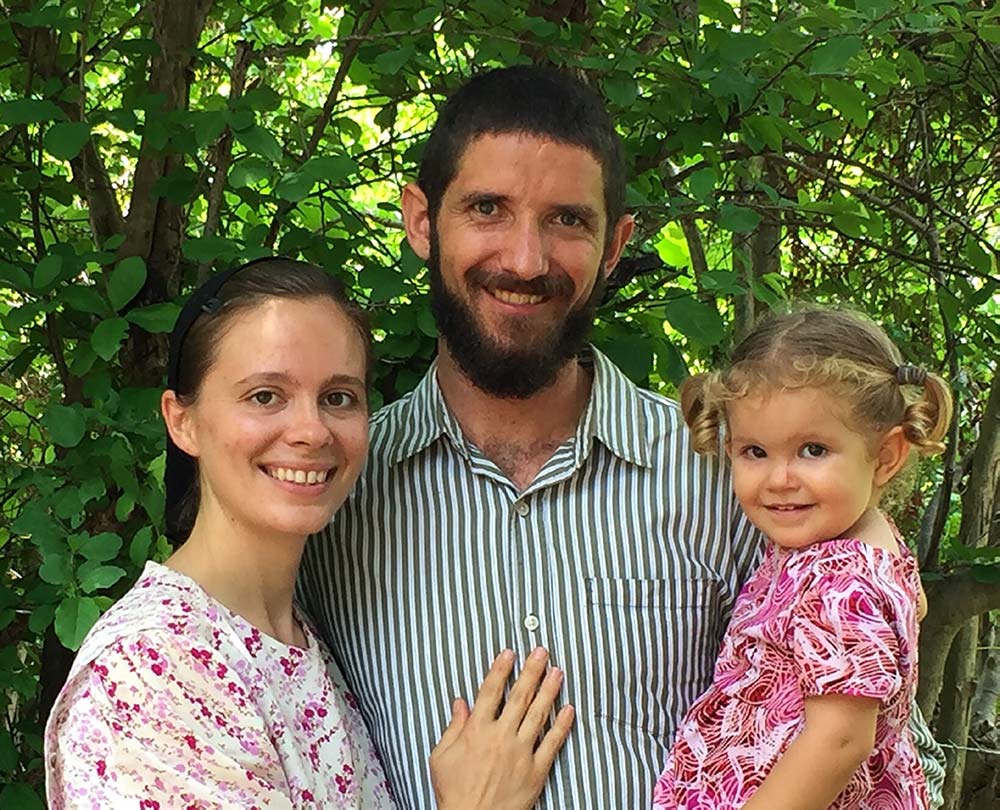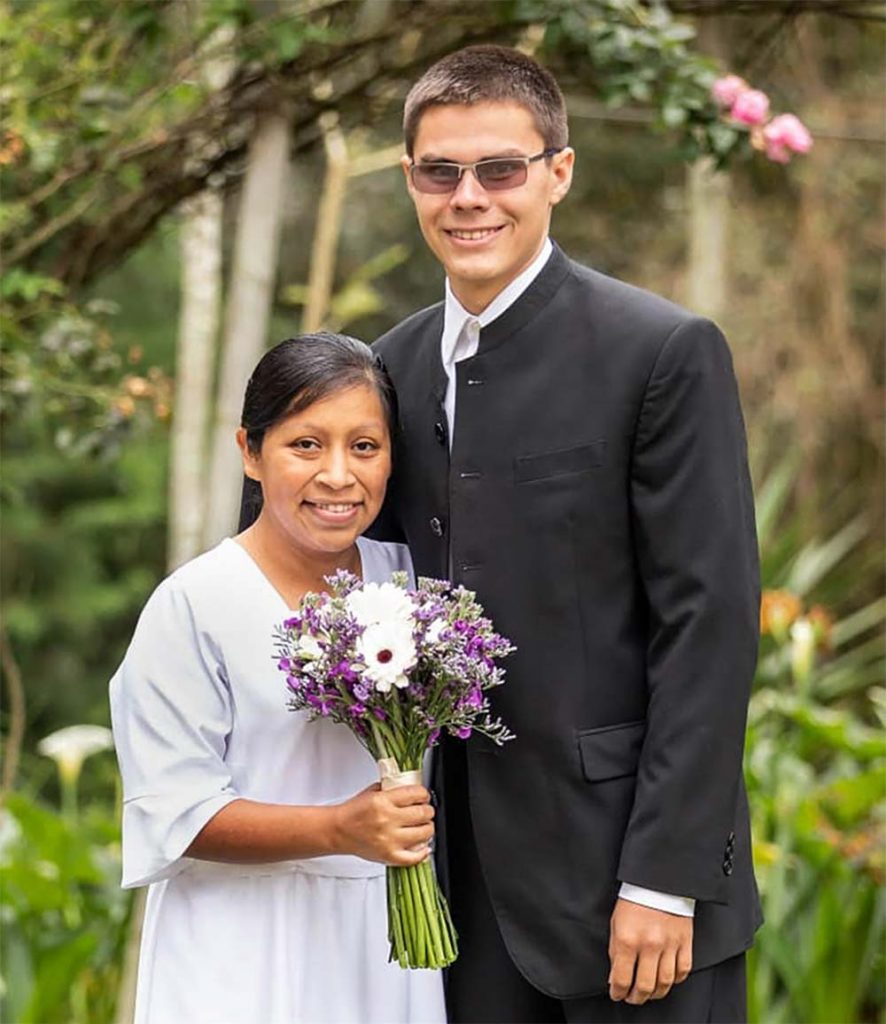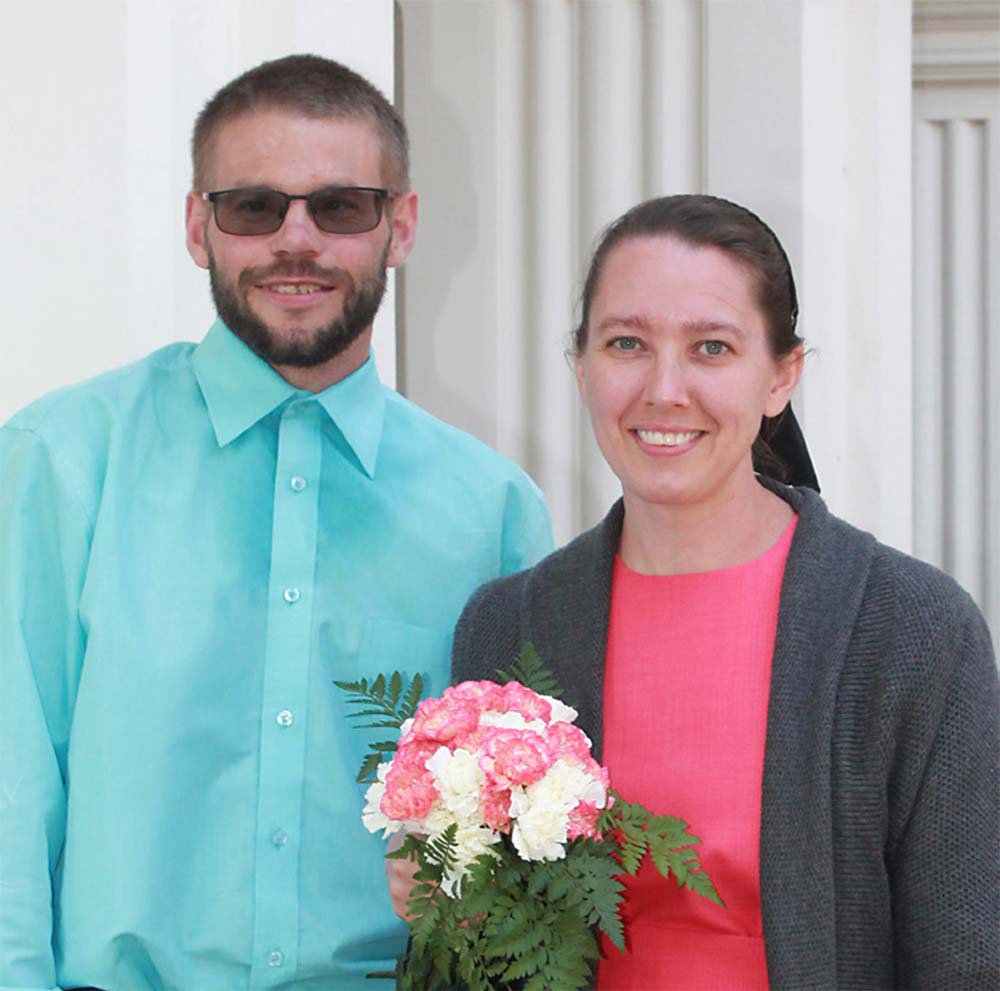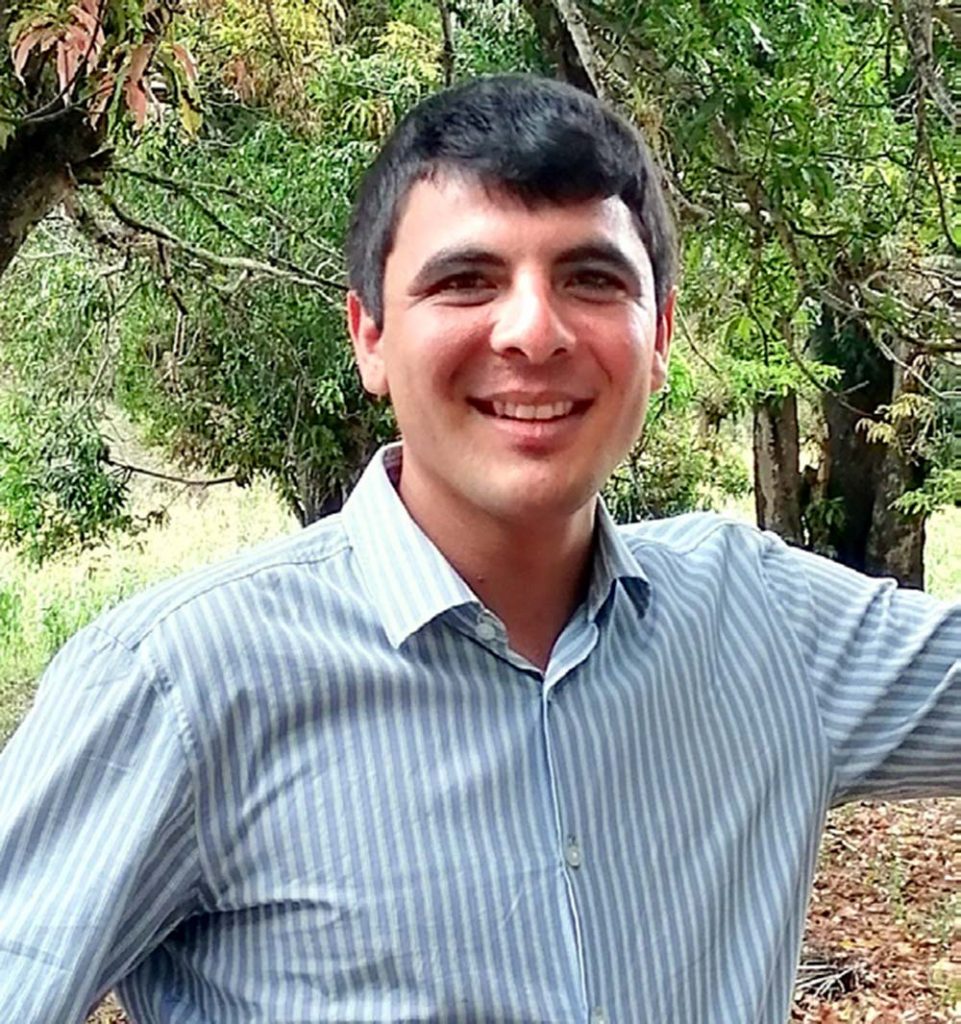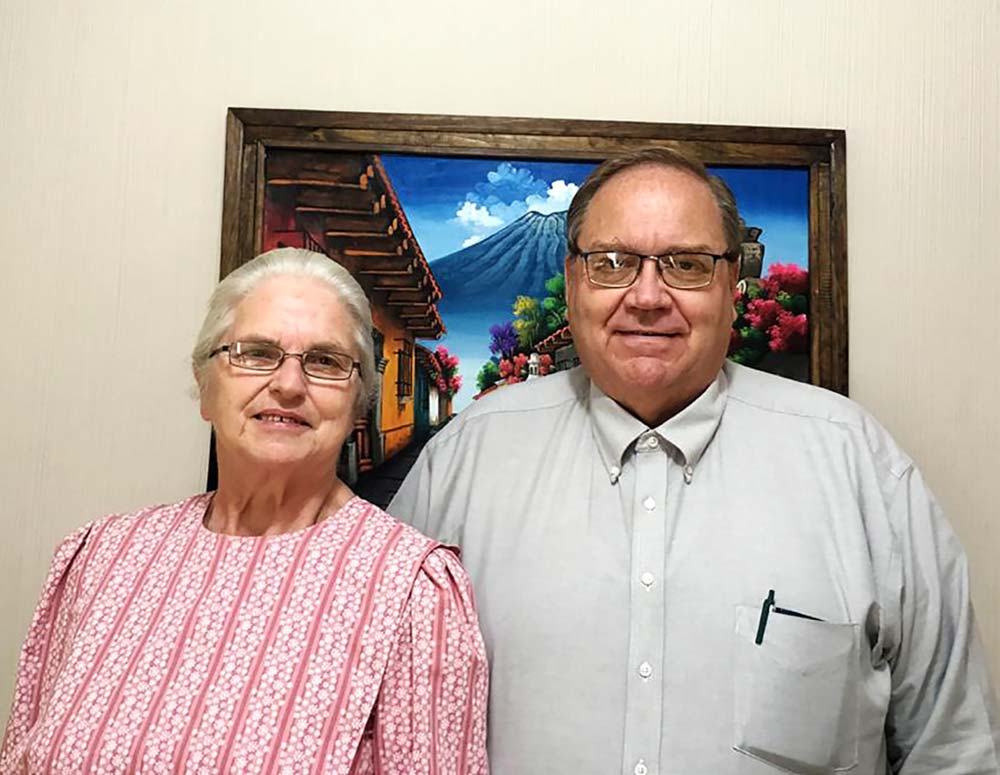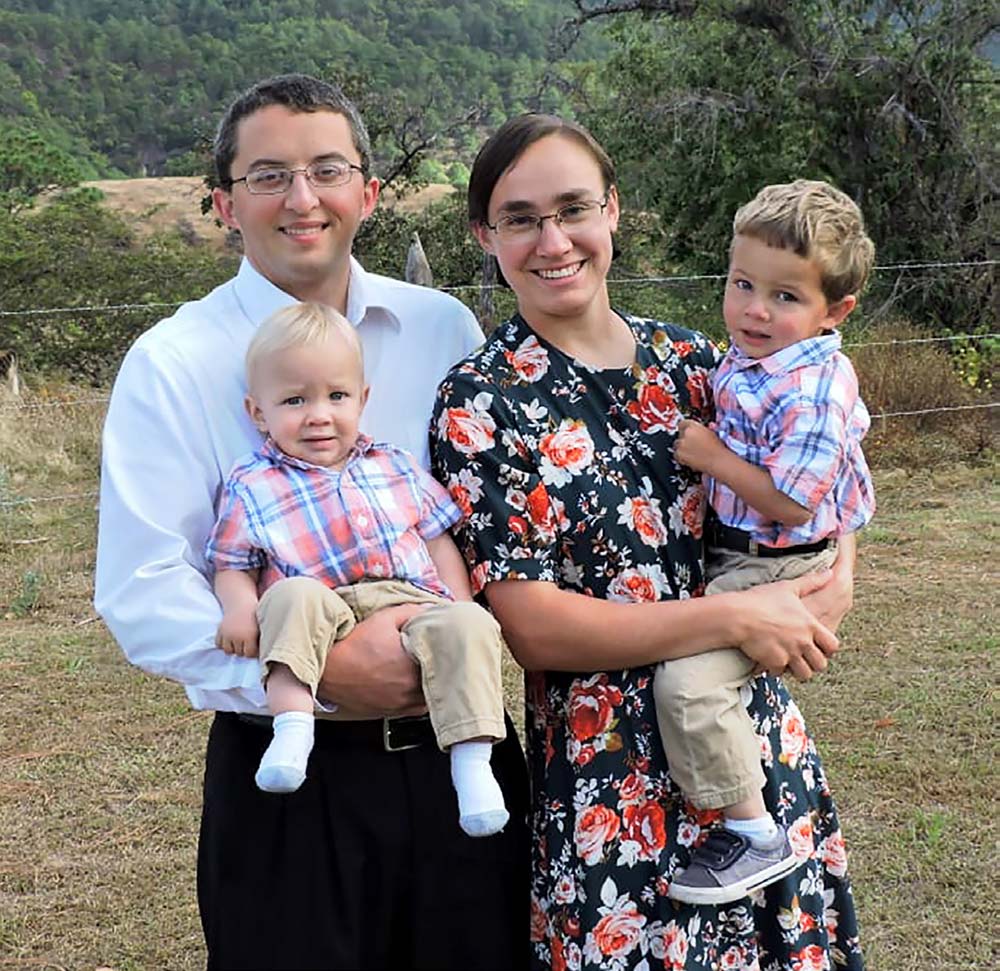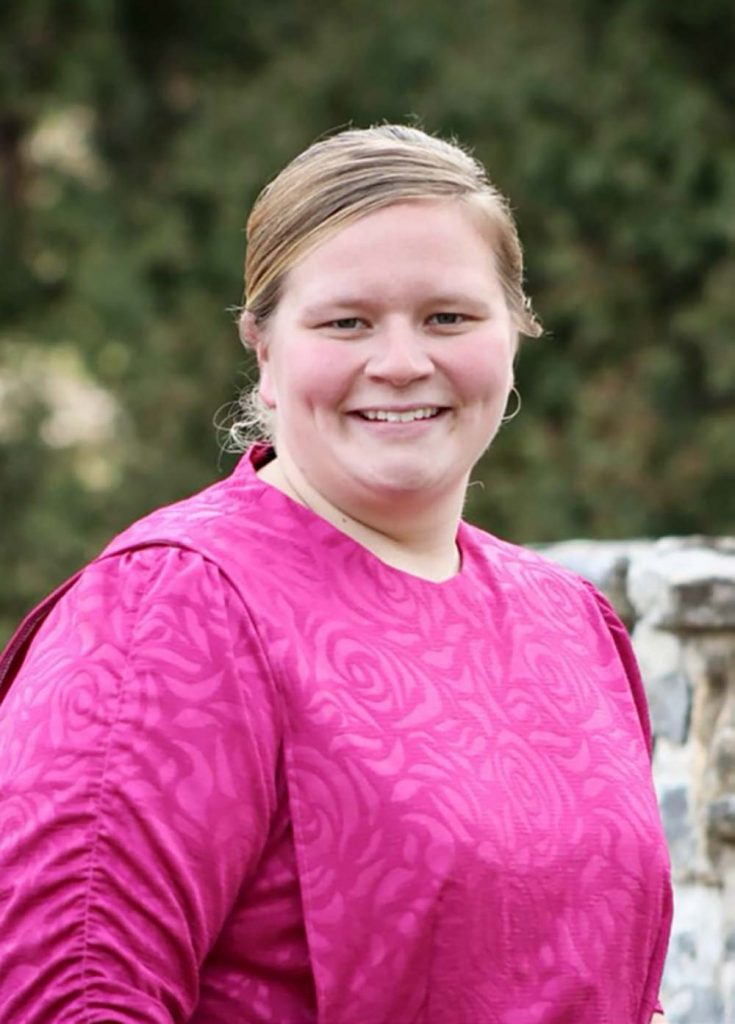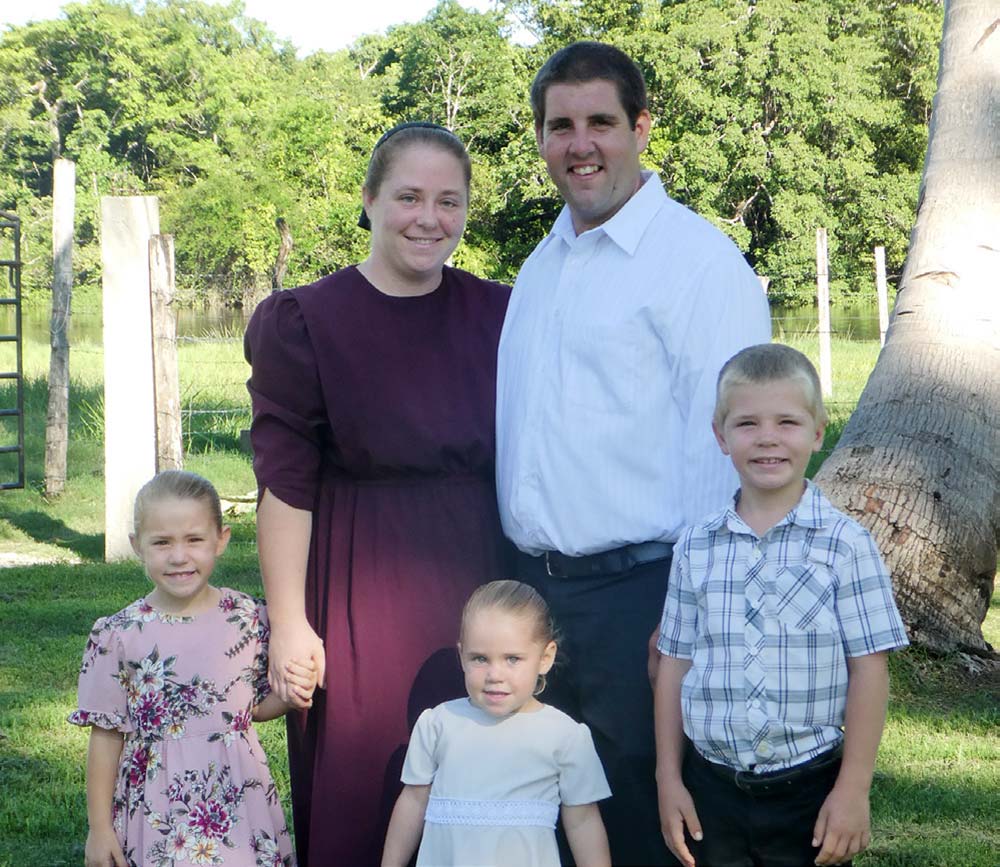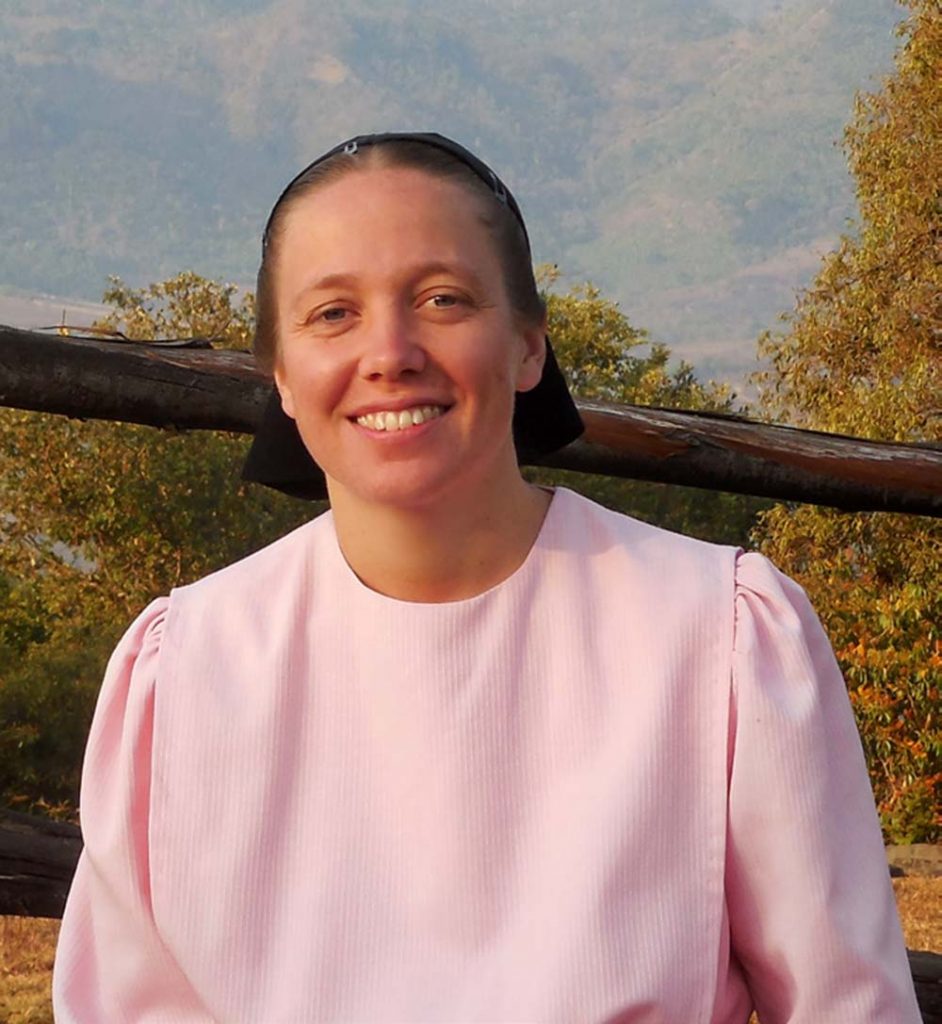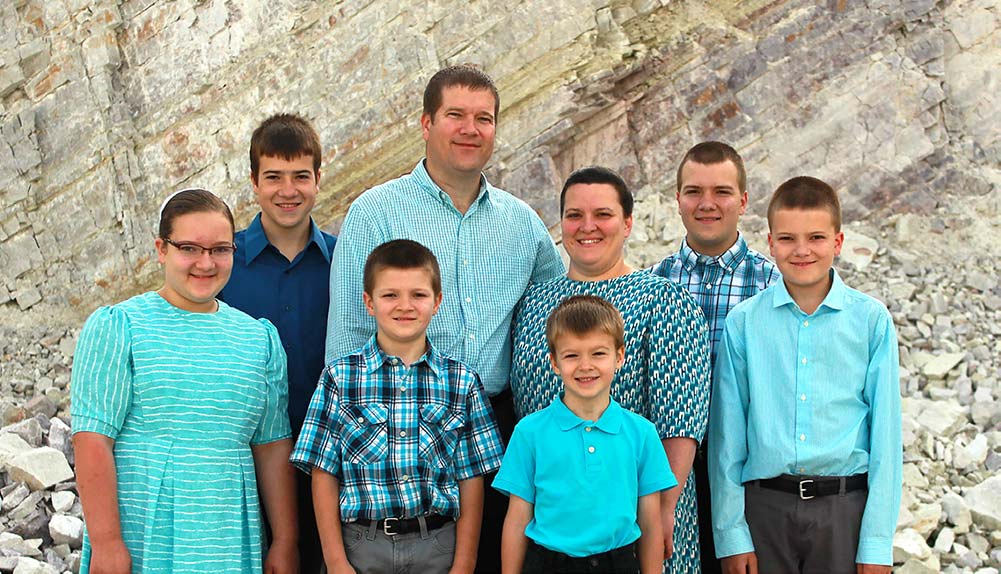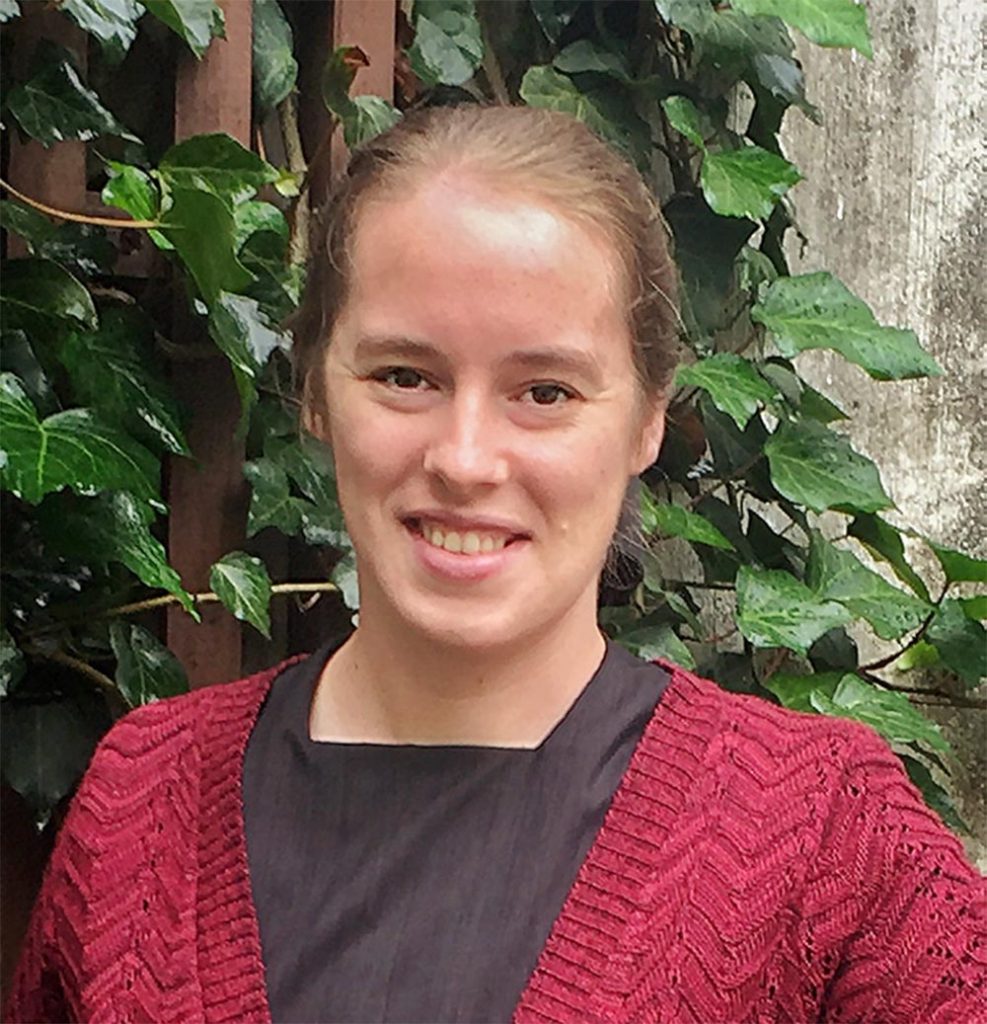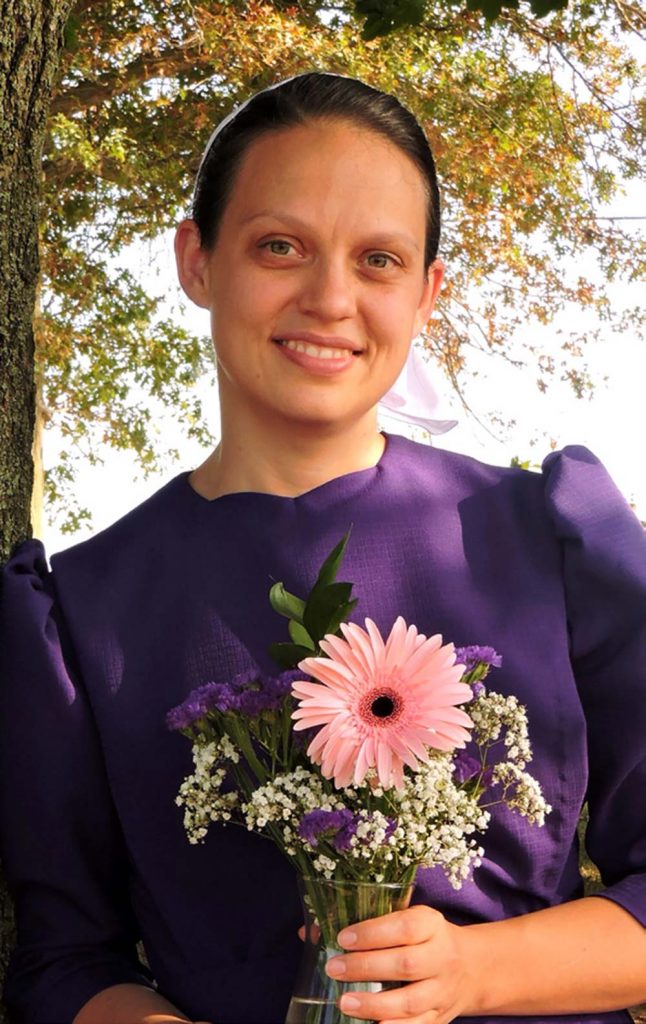Meeting Those Who Serve
In this edition, you will see many faces; some you may recognize, many you may not. Every picture of every family and single worker represents a process of prayer, of seeking the Lord’s will, and a sense of His leading to Guatemala. Each individual experienced a personal upheaval, an uprooting, and a separation. Each faced the uncomfortable strain of cultural and language barriers. Each grappled with doubts and fears as they followed the Lord into this new land.
We are deeply blessed that these have answered a call, and we appreciate what it took to bring them to this place of service. As you “meet” them, please lift them in prayer and bless them in their efforts. As you read Wesley’s article about personnel needs, continue to pray for people to fill the gaps that still exist.
~ Brian Yoder
- Daniel Meyer is from Harpers Ferry, WV, and serves in Oratorio.
- Galen Miller is from Millford, NE, and serves in San Bartolomé.
- Larry and Laresa Martin are from Alexandria, PA, and serve at mission headquarters.
- Wesley and Wendy Hursh are from McAlisterville, PA, and serve in Porvenir.
- Javon and Vicki Stelfox are from York, PA, and serve in San Cristobal.
- Justin and Kayla Flamenco met and married in Guatemala, and are now serving in El Guayabo.
- Nathan Graybill is from Thompsontown, PA, and served at mission headquarters. Delores Schmidt is from New Hamburg, Ontario, and served in Santa Rosita. They plan to be married on July 25.
- Nick Suarez is from Kenton, TN, and serves in Mixcolajá.
- Wesley and Alice King are from Belleville, PA, and serve as field director in Guatemala City.
- Justin and Lynnae Zimmerman are from Denver, PA, and are serving in Mixcolajá.
- Yvonne Zimmerman is from Manheim, PA, and serves in Santa Rosita.
- Dean and Jodi Boll and family are from Denver, PA, and serve in Santa Rosita.
- Twila Miller is from Milford, NE, and serves in Oratorio.
- George and Rhonda Zimmerman and family are from Mohnton, PA, and serve in Santa Rosita.
- Joy Zimmerman is from Turbotsville, PA, and serves in Mixcolajá.
- Elsie Miller is from Fredericktown, OH, and serves at MAM headquarters.
- Sara Breneman is from Manheim, PA, and serves in Oratorio.
Personnel Needs of Mennonite Air Missions
Over the forty-eight years of Mennonite Air Missions’ history, many people have served in different capacities and in various locations of Guatemala. Most people who serve with MAM leave a part of their heart in the country with the people. Some have served a few months, others a few years, and some for many years. Some have served fifteen or twenty years, and a few for forty or fifty.
Serving in a foreign land and in a different culture while learning a new language is not a vacation. It is a lot of hard work. Probably most of those who served with the mission had a steep learning curve. Most came as an answer to the call of God upon their lives to serve in Guatemala. They came with a desire to do God’s will, share the Gospel, serve God by serving people, and build God’s kingdom in the “Land of Eternal Spring.” When people arrived to serve, they found they must first learn. Learning a new language and different culture is very important to be able to build relationships, and it’s not always easy. The more we learn, the more we realize we don’t know. Missionaries must be teachable—willing to learn from the people they have come to serve.
God is building His church in Guatemala. Congregations have been established, and schools and medical clinics have been started. All these require personnel to preach, teach, and serve in different capacities.
The goal of Mennonite Air Missions is for native Guatemalans to lead the churches and direct the schools and clinics. This has been happening, and there are some solid leaders in the ranks. After fortyeight years, it would seem that there would not be a need for personnel from the North. There are several reasons why that need continues. For one, the current ministry group is largely comprised of older men. Also, we have not done well at keeping young people in the church. There are various reasons for that.
I have noticed that a big difference exists between “covering services” for a Sunday and pastoring a church. Because of a shortage of permanent leaders, many times people are asked to help with church services a Sunday or two a month. This is helpful, but it is not sufficient to build stable churches. Where there are two or more leaders in a church, things run much more smoothly and issues can be dealt with in a timely manner. Many churches have only one leader. They are doing a good job, but where a plural ministry exists, usually the leadership is stronger.
Another factor that contributes to our personnel need is the frequent turnover of mission staff. It is wonderful that people come and serve for two, four, or six years. But frequent turnover does not contribute to solid congregations. It would be good for the congregations to have long-term leaders.
A personnel shortage can contribute to burnout among the few on the field. Some churches have new Christians in instruction class. Some of them have little Bible knowledge, but they want to serve the Lord. Some can’t read. Will you teach them to read?
As you see, we do have personnel needs in Mennonite Air Missions.
We need dedicated, consecrated young single men. Single men often start out in Guatemala City at mission headquarters. They learn to know the city by driving in it and learn the language by interacting with people. They make trips to the airport and bus station, help with projects around the mission, and often are asked to make trips to the country mission stations. They help with children’s ministry, youth ministry, and church services. When they have a grasp of the language, they often are moved to a mission station to help a missionary or native pastor. Sometimes two single fellows serve as a team at an outpost. The responsibilities of single fellows in the outposts vary. They help with services, visiting, youth ministry, and sometimes teaching school. They often help with building projects or farm projects. We could use five young men at this time.
We need a lady schoolteacher for missionary children. Teaching experience is important, as well as experience in a multigrade setting. Opportunity also exists for outreach with community children, youth girls, and ladies of the church.
We need couples and families. This is mainly for leading established churches or helping another missionary or Guatemalan leader. I encourage churches to ordain younger ministers, deacons, or bishops and send the experienced leaders to the mission field. Both the sending congregation and the congregation in the foreign field will be blessed. These couples or families don’t need to be ordained, but experience is usually a blessing. We need two couples or families per year for the next few years.
So, please pray with us for personnel. The harvest is great, the time is short, and the laborers are few. Jesus said, “Pray ye therefore the Lord of the harvest, that he would send forth laborers into his harvest.”
Look over your congregations and choose people to send. The twelve apostles said, “Wherefore, brethren, look ye out among you seven men of honest report, full of the Holy Ghost and wisdom, whom we may appoint over this business.”
The need is critical. Where are the men and women to help with this great work of kingdom building?
If you feel God calling you to Guatemala, or if you have a suggestion of a possible candidate for the work, contact Brother Jeff Weaver at [email protected] or call him at 717-324-3818.
“They that sow in tears shall reap in joy. He that goeth forth and weepeth, bearing precious seed, shall doubtless come again with rejoicing, bringing his sheaves with him” (Psalm 126:5, 6).

